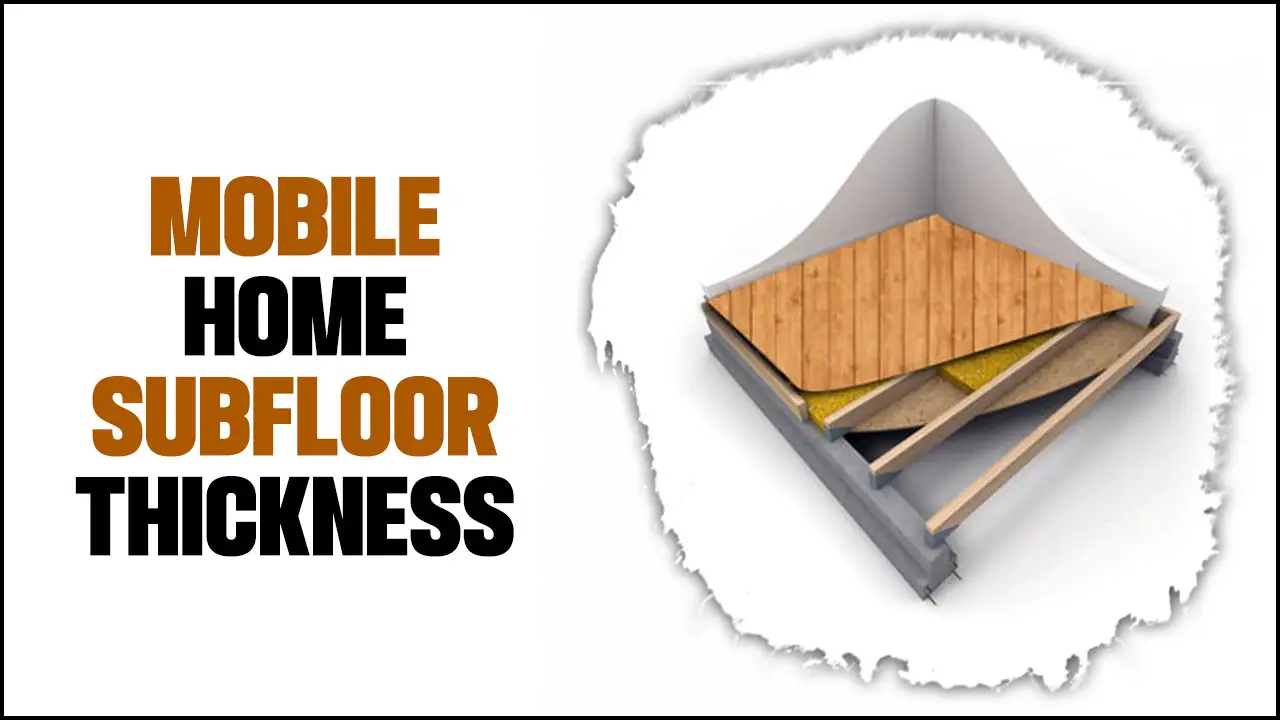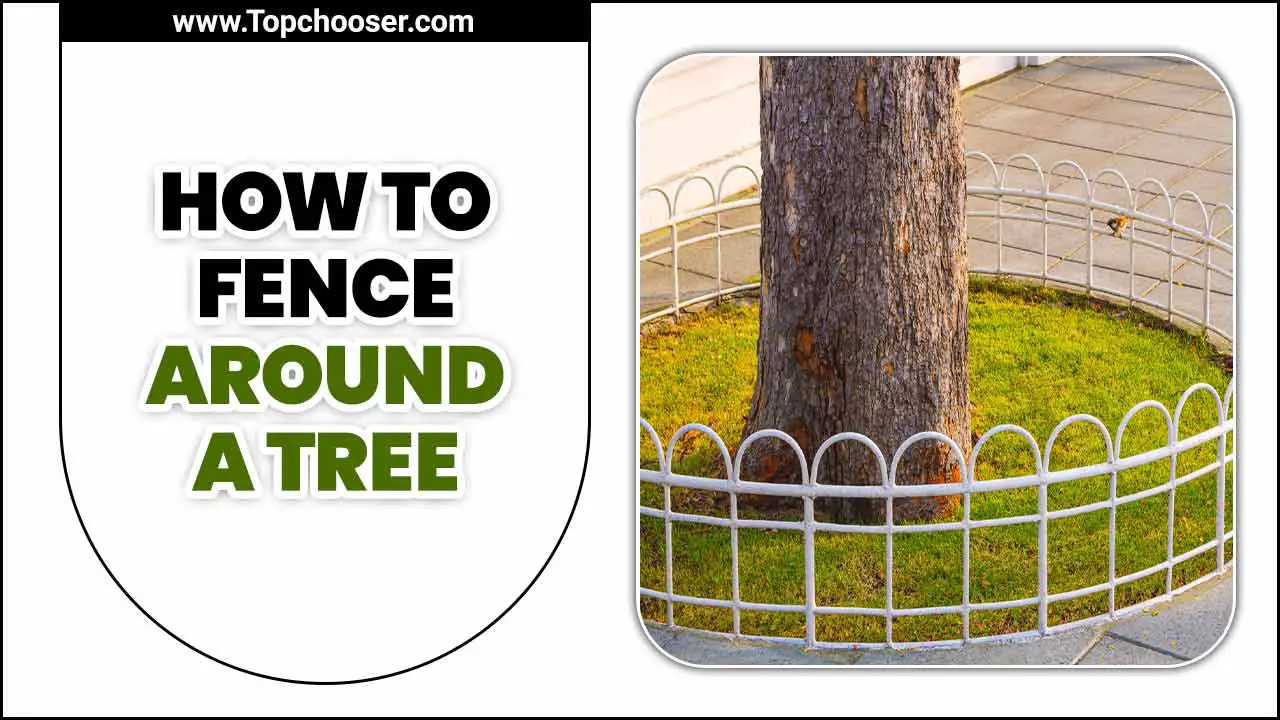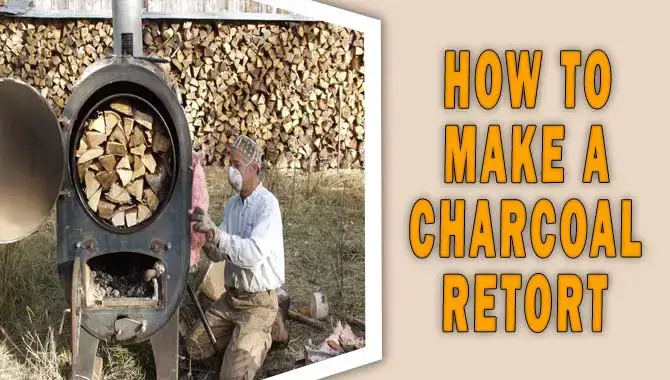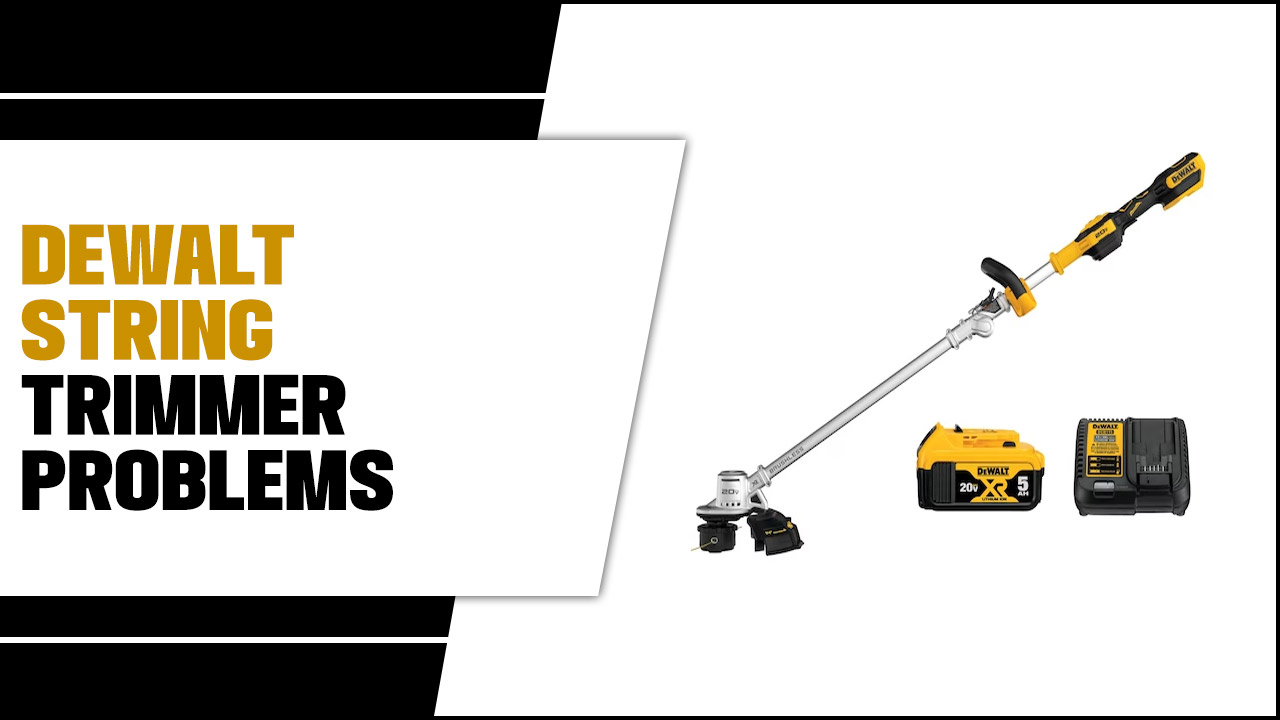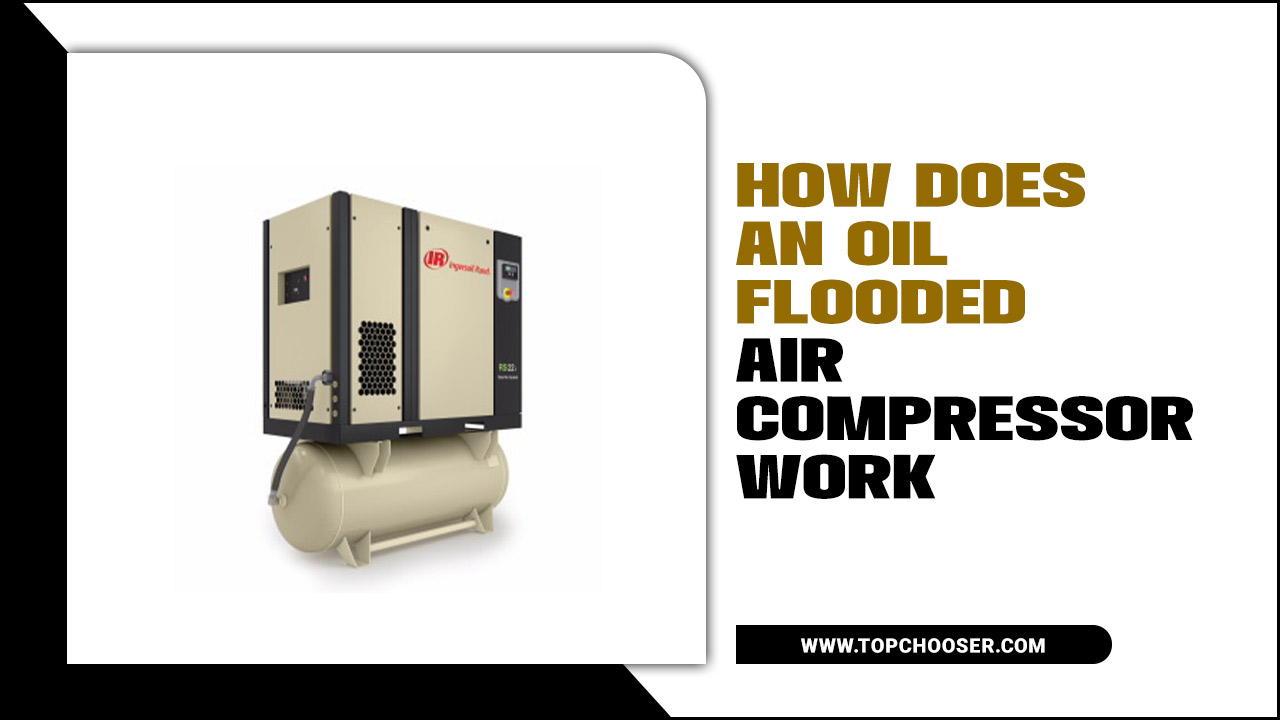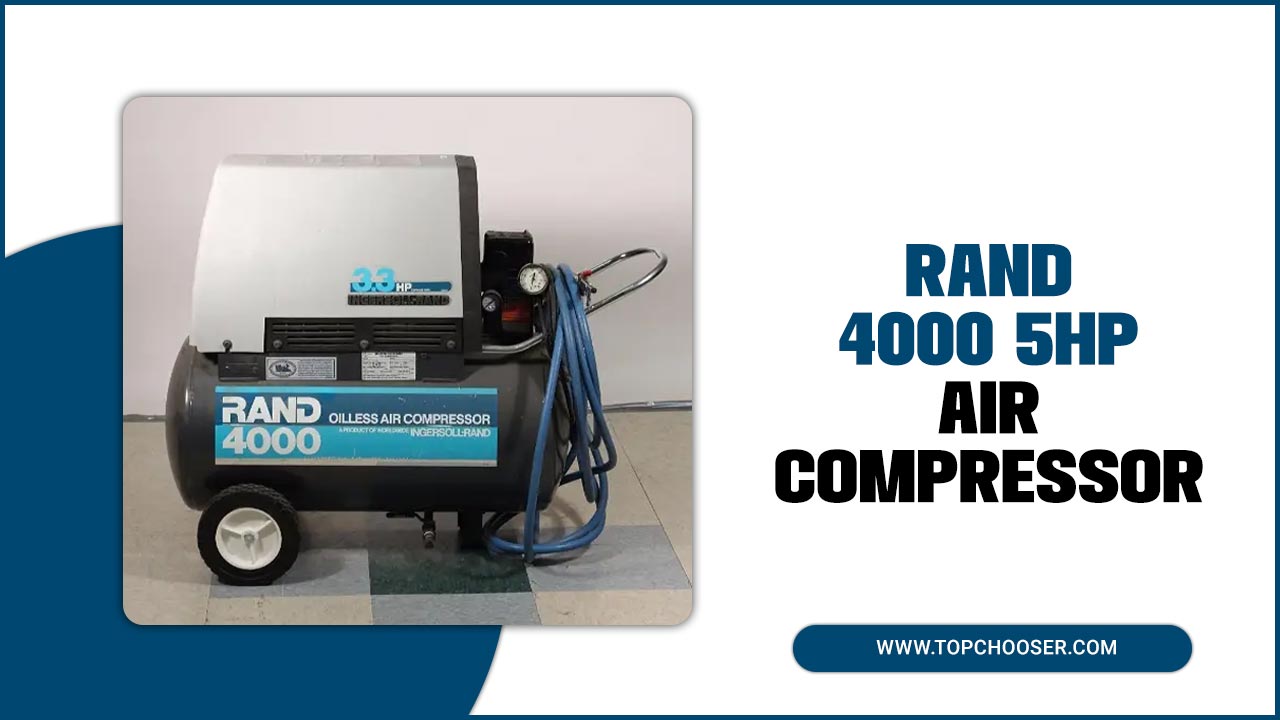Composting is an excellent way to reduce waste and create nutrient-rich soil for your plants. However, for those living in urban areas, composting can seem impossible.
With limited space and no access to outdoor areas, many urban dwellers left wondering how they can compost effectively, fortunately, with some creativity and helpful tips. Composting Tips For An Urban Living urban setting is not only possible but also easy and rewarding.
This step-by-step guide will explore the best composting practices for urban living. We will discuss the different composting methods, including traditional, worm, and bokashi. We will also provide practical tips for storing food waste, managing odour, and troubleshooting common problems. Whether you live in a small apartment or a busy city centre, this guide will give you everything you need to know to start composting today.
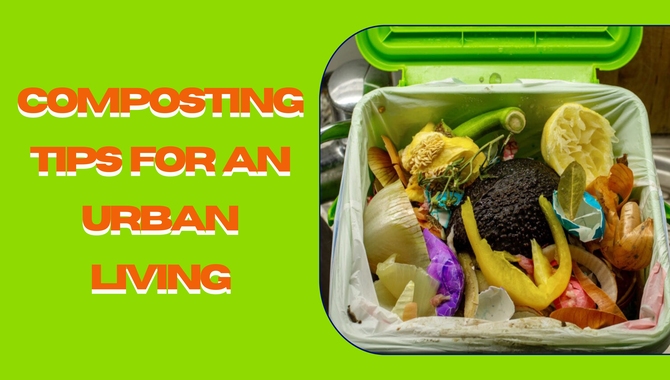
How Do You Compost In Urban Areas?
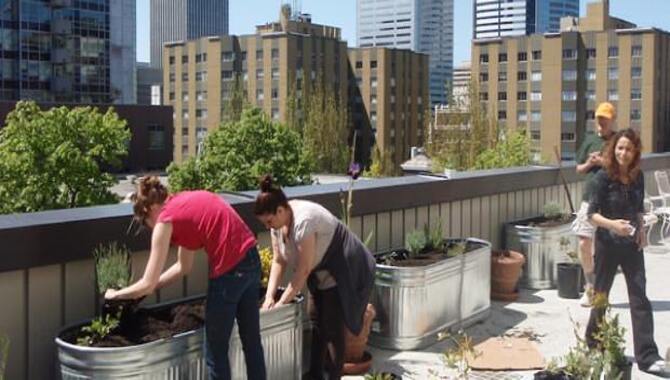
Composting is an environmentally-friendly practice that can do even in urban areas. The key is to adapt your composting methods to your living situation. You can use a composting bin specifically designed for urban environments if you have a small yard or balcony.
These bins are compact and allow for the efficient decomposition of organic matter. Another option is a worm composting system, ideal for apartment dwellers or those without outdoor space. Worms can break down food scraps and other organic materials, producing a nutrient-rich soil amendment that can be used to nourish indoor or outdoor plants.
If you don’t have the space or time for a composting bin, you can still reduce your organic waste by participating in a community composting program. Many cities and towns offer curbside pickup of food and yard waste, which is then composted and used to enrich local soil.
Benefits Of Composting For The Environment And Your Garden
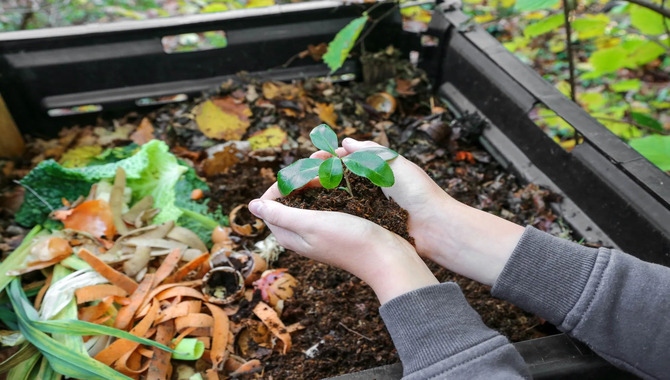
Composting is a simple yet effective way to reduce waste and improve the health of your garden. Composting has numerous benefits for the environment and your own green space. One of the primary benefits of composting is that it diverts organic waste from landfills, where it produces harmful methane gas.
Instead, this waste is repurposed into nutrient-rich soil used to nourish plants and gardens. This helps reduce the amount of chemical fertilizers needed, which can harm the environment and your plants’ health.
Composting also helps to improve soil health by increasing its ability to retain moisture and nutrients, which in turn helps to promote healthy plant growth. Additionally, composting can help to reduce the amount of water needed for gardening, as it helps to reduce soil erosion and runoff. This is especially important in areas where water is scarce or drought conditions are expected.
Types Of Composting: Which One Is Right For You?
Composting is the way to go if you want to reduce your carbon footprint and create nutrient-rich soil for your garden. But with so many types of composting available. It can be overwhelming to decide which one is right for you. One popular method is backyard composting. Where you pile up your organic waste and let it decompose over time.
This is an excellent option for those with a larger yard who don’t mind a bit of manual labour. Worm composting (vermicomposting) is a great alternative for those with limited space.
This method involves using worms to break down your food scraps, producing a rich fertilizer known as worm castings. If you’re looking for a low-maintenance option, bokashi composting may be for you. This method involves fermenting your waste in an airtight container with a unique mix of microorganisms, resulting in a nutrient-rich soil amendment. No matter which method you choose, remember to avoid compost.
Choosing A Composting Container Or System For Limited Space
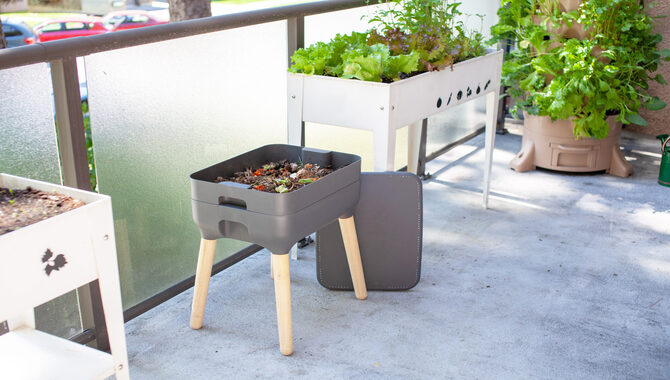
Choosing the correct container or system can make all the difference when composting in limited spaces. One option is a composting bin, which can purchased or homemade using materials such as wood or plastic.
These bins are great for containing the compost in a specific area and can be easily moved around if necessary. Another option is vermicomposting, which uses worms to break down food scraps and other organic materials.
This can be done in a small bin with a lid, making it an excellent choice for those with limited space. A third option is bokashi composting, which involves fermenting food waste with a unique mix of microorganisms. This process can be done in a small container and requires less space than traditional composting methods. When choosing a container or system, it’s essential to consider factors such as the amount of space available, the amount of waste produced, and the desired result.
How To Setting Up Your Composting For Urban Living
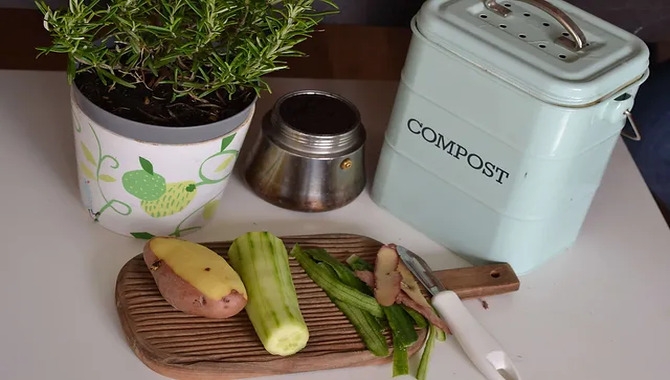
Living in an urban environment can make it challenging to implement sustainable practices. But composting is one way to reduce waste and create nutrient-rich soil. Setting up a composting system in your apartment or small living space can be done with some careful planning. First, consider the composting system that will work best for your home, such as a worm bin or a bokashi bucket.
Next, choose a location for your composting system that is easily accessible but out of the way. Such as a closet or balcony. Once you have your system and location chosen. It’s time to start collecting kitchen scraps, yard waste, and other organic materials to add to your compost.
Make sure to avoid adding meat, dairy, and other non-compostable items. As your compost pile grows, it’s important to turn it regularly to ensure proper aeration and decomposition. It’s also a good idea to keep a balance between “green” materials, such as fruit and vegetable scraps, and “brown”
Materials To Use For Composting For Urban Living
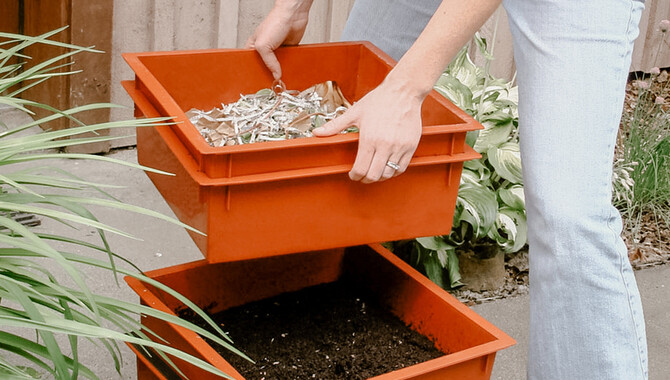
Composting is an effective way to reduce waste and produce nutrient-rich soil for plants. For those living in urban areas, it may seem challenging to compost due to limited space and resources. However, numerous materials can be used for composting in urban living. Firstly, kitchen scraps such as fruit and vegetable peels, coffee grounds, and eggshells are excellent sources of nitrogen-rich materials for composting.
Secondly, yard waste such as grass clippings, leaves, and small twigs provide a good source of carbon. Thirdly, shredded paper and cardboard can also be added to the compost pile to provide carbon. Moreover, wood chips and sawdust from untreated wood are also good sources of carbon.
Additionally, animal manure from herbivores can be added to provide nitrogen, but it must be aged before use. Finally, food waste such as bread, pasta, and rice can used in small quantities as they attract pests.
How To Troubleshooting Common Composting Problems
Composting is a great way to reduce food waste and create nutrient-rich soil for your garden. However, even experienced composters may run into some common problems. One issue is a bad odour, which can caused by too much moisture or a lack of oxygen in a pile.
To fix this, try adding more dry materials like leaves or shredded paper to absorb excess moisture and turning the pile regularly to aerate it. Another problem is slow decomposition, which can be caused by a lack of nitrogen in the pile. Add more green materials like vegetable scraps or grass clippings to solve this.
Pests like rodents and flies can also be attracted to compost piles, especially if meat or dairy products are in them. Avoid adding these items, and make sure the pile is covered to deter pests. Finally, if your compost is not heating up, it may be too small or dry. Try adding more materials and watering them to kickstart the decomposition process. Troubleshooting this do common composting, follow this guide.
What Are The Top 5 Composting Methods?
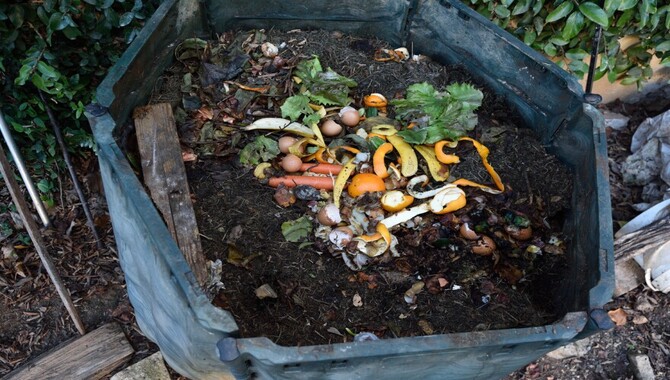
Composting is an eco-friendly way of reducing waste and enriching soil. There are various composting methods. There are top 5 composting methods explained below,
- aerobic composting.
- vermicomposting.
- bokashi composting.
- trench composting.
- and sheet composting.
Aerobic composting requires a balance of carbon and nitrogen-rich materials and oxygen. Start by layering brown and green materials. Adding water and turning the pile weekly. Vermicomposting, on the other hand, uses worms to break down food scraps and organic matter.
Get a worm bin, add bedding, worms, and food, and let them do their job. Bokashi composting is a Japanese method that uses an anaerobic process without air to ferment food scraps. Add bokashi bran to the scraps, store them in an airtight container, and wait for a few weeks. Trench composting involves digging a trench in your garden, filling it with organic matter, and covering it.
Sheet composting, also known as sheet mulching, involves layering organic materials directly on top of the soil in your garden bed. This technique is beneficial for a number of reasons. First, it helps to build healthy soil by providing a constant source of nutrients as the organic materials break down. It also helps improve soil structure and moisture retention, leading to healthier plants and increased yields.
How Can You Ensure That Your Compost Bin Or Pile Doesn’t Attract Pests Or Create Odours That Might Bother Your Neighbours?
To ensure that your compost bin or pile doesn’t attract pests or create odours that might bother your neighbours, you can do the following:
- Use a closed compost bin or cover your compost pile with a tarp to prevent pests from accessing it.
- Avoid adding meat, dairy, or oily food waste to your compost, as they can attract pests and create odours.
- Balance the carbon-to-nitrogen ratio in your compost by adding equal parts of “brown” and “green” materials.
- Stir your compost regularly to promote air circulation and prevent odours from forming.
- Position your compost bin or pile away from your home and neighbours’ homes to keep odours from bothering them.
Harvesting And Using Your Compost
Harvesting and using your compost is a great way to reduce waste and create nutrient-rich soil for your plants. First, you’ll want to ensure your compost is mature and ready to use. You can tell it’s ready when it’s dark brown and crumbly, with a sweet earthy smell.
Once you’ve determined that your compost is mature, it’s time to harvest it. This can done by sifting the compost through a screen or simply removing the top layer of the pile and using what’s underneath. Next, you’ll want to use your compost to boost the health of your garden. Mix it into the soil before planting, use it as a top dressing around established plants, or create a compost tea to water your plants with.
Conclusion
To sum up, composting is an effective way to reduce waste and actively contribute to environmental sustainability. With the increasing number of people living in urban areas, it is important to provide accessible and practical solutions to composting. By following the step-by-step guide and implementing best practices, urban dwellers can easily engage in composting and watch as their food scraps and yard waste transform into nutrient-rich soil.
Composting has numerous benefits, including improved soil health, reduced greenhouse gas emissions, and reduced waste sent to landfills. With a little effort and dedication, anyone can incorporate composting into their daily routine and positively impact the environment.
FAQ
1.What Are Some Common Misconceptions About Composting In An Urban Setting
Ans: Some common misconceptions about composting in an urban setting are:
- It is not possible to compost in a small space.
- Composting attracts pests and odours.
- Composting is time-consuming.
- Composting is only for gardeners.
- Composting requires specialized knowledge.
2.Are There Any Specific Techniques Or Tools To Help Speed Up The Composting Process In An Urban Environment?
Ans: Yes, there are several techniques and tools that can help speed up the composting process in an urban environment:
- Use a compost accelerator.
- Chop or shred the organic matter.
- Turn the compost frequently.
- Use a compost tumbler.
- Add high-nitrogen materials.
3.In Which Country Is Composting Used The Most?
Ans: Determining which country uses composting the most is difficult, as composting practices vary widely depending on cultural, economic, and environmental factors. Some countries known for their advanced composting systems and widespread adoption of composting practices include the United States, Germany, Japan, and the Netherlands.
4.What Effective Ways To Compost In A Small Apartment Or Urban Living Space?
Ans: There are several effective ways to compost in a small apartment or urban living space:
- Vermicomposting.
- Bokashi composting.
- Composting with black soldier flies.
Are Any Specific Materials Or Food Scraps That Should Not Be Added To A Compost Pile In An Urban Environment?
Ans: Yes, it is recommended to avoid adding materials such as meat, dairy, and oily or fatty foods to a compost pile in an urban environment.

I am passionate about home engineering. I specialize in designing, installing, and maintaining heating, ventilation, and air conditioning systems. My goal is to help people stay comfortable in their homes all year long.

